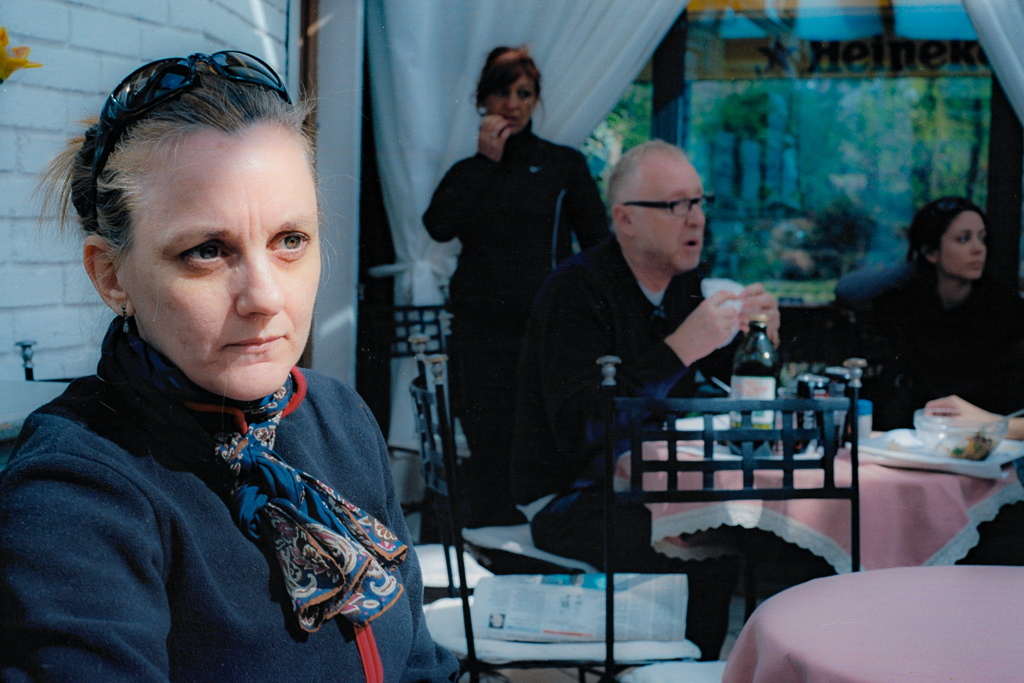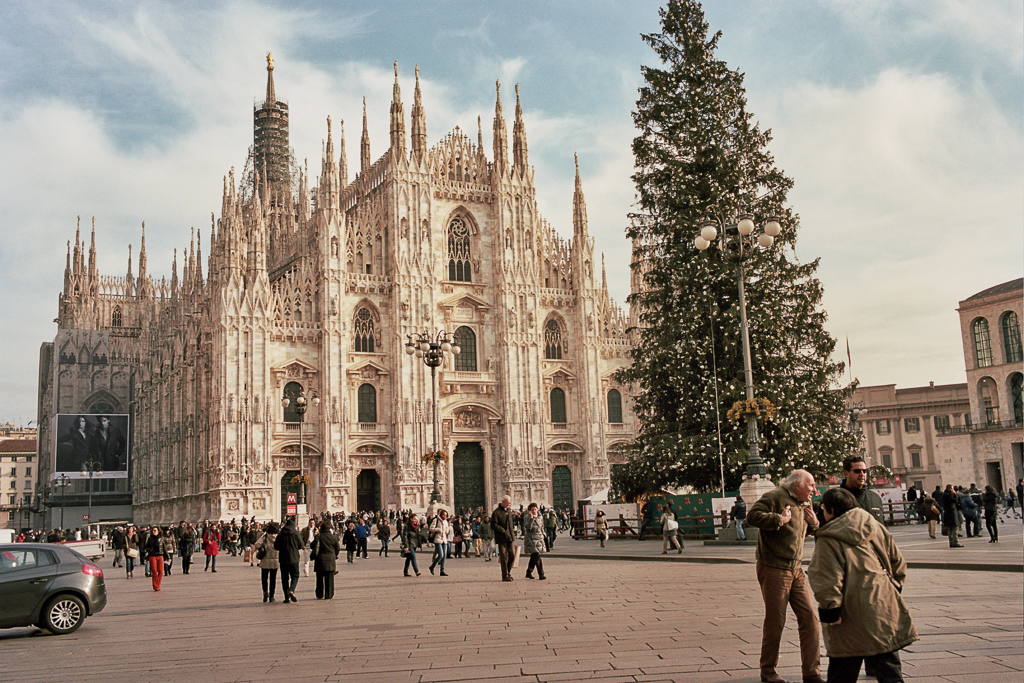russelljtdyer
Writer
Yesterday I purchased a Leitz Minolta CL camera from a local photography store. It's in excellent condition (not even a minor scratch on it). It cost me €200, about $260--which seems like a very good price from what I see on KEH. However, it might have a problem with the light meter, which would account for the low price.
When getting a new camera, especially an old model, I enjoy reading through the user manual. It's a glimpse into another time. It also helps me to get to know the camera's particular features and controls so that I'm not fumbling with it when out shooting pictures the first few times.
After reading the manual for CL, I'm confused about how the light meter works for the model I have. It says to cock fully the lever for winding the film. To activate the light meter, it says to pull the lever again so that it's slightly out of its resting position. At that point, I should see the meter needle moving in the scale on the right within the viewfinder, but it doesn't move. However, when I press the battery test button on the front of the camera and hold it down, the needle comes alive and seems to work fine. As I adjust the shutter settings and hold down the battery test button, the meter need changes as I might expect. Of course, at this point I'm not sure how accurate it is. I haven't taken any photos with it yet.
The user manual says only that this button is used to test the battery, not to determine exposure. Looking elsewhere in this forum, I don't see that any one else has the same situation as me. Instead, others check exposure settings with their cameras as described in the user manual.
So, is the light meter broken or breaking? Or is this a difference in the design of a particular version of Leitz Minolta CL camera? I've read that the internal design was changed a few times for this model. The serial number on the hot-shoe is 1026433--in case that tells you when it was manufactured. On that same note, when the shutter is set to 1/60 of a second, a black notch appears in a small slot at the top of the right exposure scale. This isn't noted in the user manual. I mention it in case it indicates a particular version of the camera model.
Thanks in advance for explanations on how the light meter works on my camera, as well as opinions on its condition.
-Russell
P.S.: This is my 100th post on RangeFinderForum. Thanks to many of you for all of the help I received through these first 100 posts. I hope I gave back more help to others in return through many of those posts.
When getting a new camera, especially an old model, I enjoy reading through the user manual. It's a glimpse into another time. It also helps me to get to know the camera's particular features and controls so that I'm not fumbling with it when out shooting pictures the first few times.
After reading the manual for CL, I'm confused about how the light meter works for the model I have. It says to cock fully the lever for winding the film. To activate the light meter, it says to pull the lever again so that it's slightly out of its resting position. At that point, I should see the meter needle moving in the scale on the right within the viewfinder, but it doesn't move. However, when I press the battery test button on the front of the camera and hold it down, the needle comes alive and seems to work fine. As I adjust the shutter settings and hold down the battery test button, the meter need changes as I might expect. Of course, at this point I'm not sure how accurate it is. I haven't taken any photos with it yet.
The user manual says only that this button is used to test the battery, not to determine exposure. Looking elsewhere in this forum, I don't see that any one else has the same situation as me. Instead, others check exposure settings with their cameras as described in the user manual.
So, is the light meter broken or breaking? Or is this a difference in the design of a particular version of Leitz Minolta CL camera? I've read that the internal design was changed a few times for this model. The serial number on the hot-shoe is 1026433--in case that tells you when it was manufactured. On that same note, when the shutter is set to 1/60 of a second, a black notch appears in a small slot at the top of the right exposure scale. This isn't noted in the user manual. I mention it in case it indicates a particular version of the camera model.
Thanks in advance for explanations on how the light meter works on my camera, as well as opinions on its condition.
-Russell
P.S.: This is my 100th post on RangeFinderForum. Thanks to many of you for all of the help I received through these first 100 posts. I hope I gave back more help to others in return through many of those posts.



